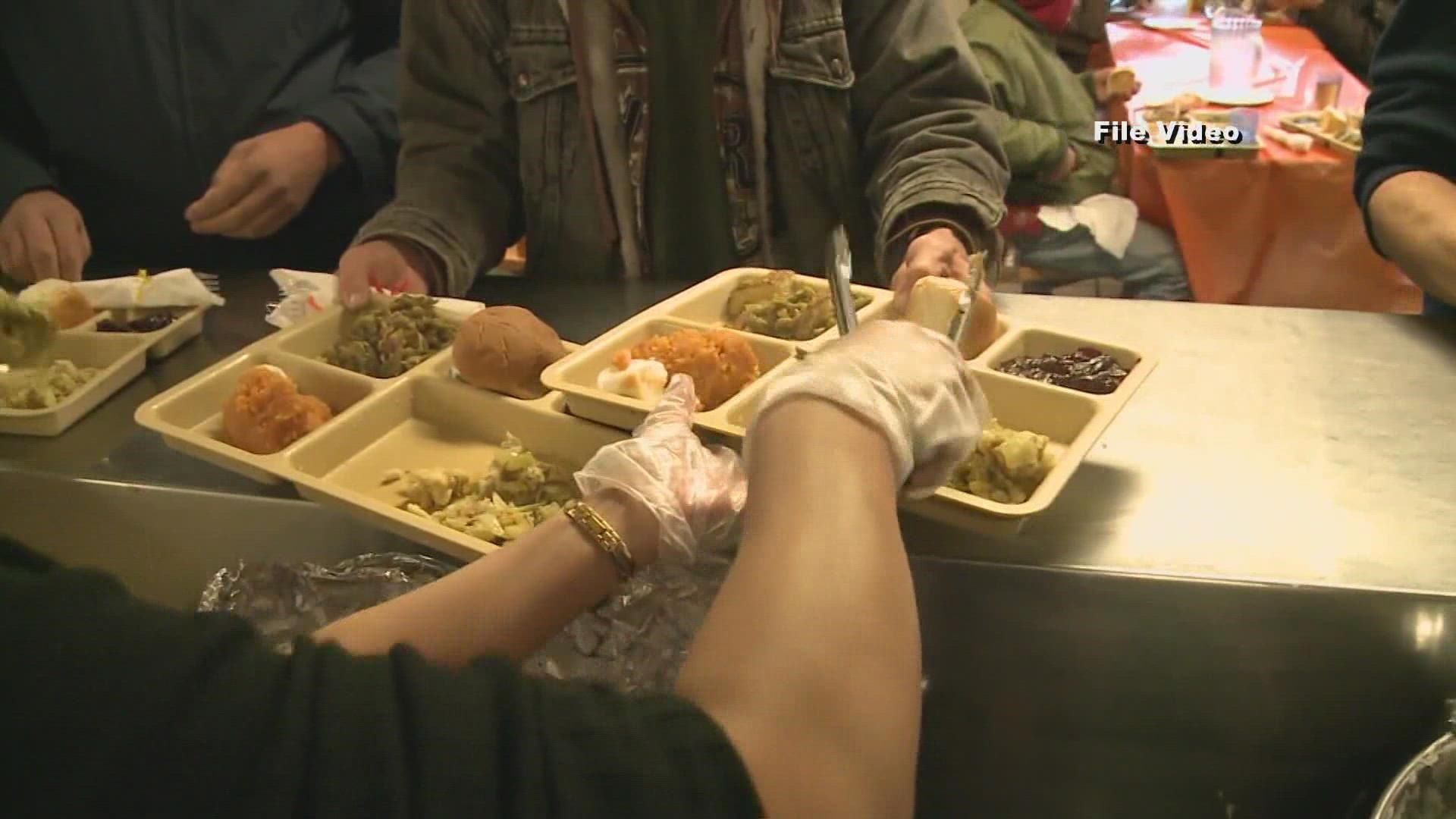GUILFORD COUNTY, N.C. — Families will now need to apply for the National School Lunch Program as waivers allowing schools to provide free meals for students are set to expire on June 30.
The federal waivers were put in place during the pandemic and reimbursed schools for meals at a higher rate. This allowed schools to offer free meals for all students during the pandemic, regardless of family income status.
Starting July 1, 2022, Guilford County families will need to apply for the free or reduced lunch program like before the pandemic. District officials recommend everyone apply, even if they don't think they will qualify. There is no deadline to complete the application but if families want it to start by the school year, they need to complete the application at least two weeks in advance. GCS officials said it will be online but there will also be paper copies available.
"It’s just an additional burden that our parents are going to have to bear through until the USDA or Congress can figure out how we can provide free meals to all of our students," said Angie Henry, the chief financial officer for Guilford County Schools.
Winston-Salem Forsyth County School's application will be available on August 1.
On Thursday, the U.S. House of Representatives passed the Keep Kids Fed Act. The bipartisan effort does not extend the free meal waivers, but would give schools more in reimbursements for meals and would make meals free for any student who qualifies for reduced meals.
"School meal programs are facing skyrocketing costs just like families are but it’s even worse for schools because they’ve hit so many supply chain disruptions," said Diane Pratt-Heaver, with the School Nutrition Association. "They work hard to order food and supplies well in advance to secure the best possible price but right now they are seeing so many of their orders canceled at the last minute or shorted and they have to scramble to secure food and supplies for the cafeteria paying a much higher price"
According to a survey by the School Nutrition Association, 97% of meal programs reported challenges with higher costs. More than 98% reported shortages of menu items,s supplies, and packaging. GCS said they have faced issues as well so the Keep Kids Fed Act would help.
"The cost of foods increasing, the cost of transporting the food is increasing and so we are seeing tremendous cost increases," Henry said. "So bringing that reimbursement rate higher will allow us to continue serving quality food."
The legislation would also allow for more flexibility when it comes to meeting federal nutritional patterns for meals, something Henry says will be helpful when trying to deal with shortages and costs.
"We’ve had the flexibility since March 2020 to not have to serve meals that meet that pattern, we try to certainly every time but if we can’t we can still find meals to serve our students," said Henry.
Both Henry and the SNA said one thing is clear: school meals for students are extremely beneficial.
"We certainly wish that all students could receive a free school meal. Research shows that school meals of the healthiest meals that kids are eating today. They are just as important to learning as textbooks and a ride to school," said Pratt-Heaver. "Kids who are hungry or distractible, they have behavioral issues. We want to make sure the kids are nourished and ready to learn and take advantage of all the educational opportunities offered to them in school."

